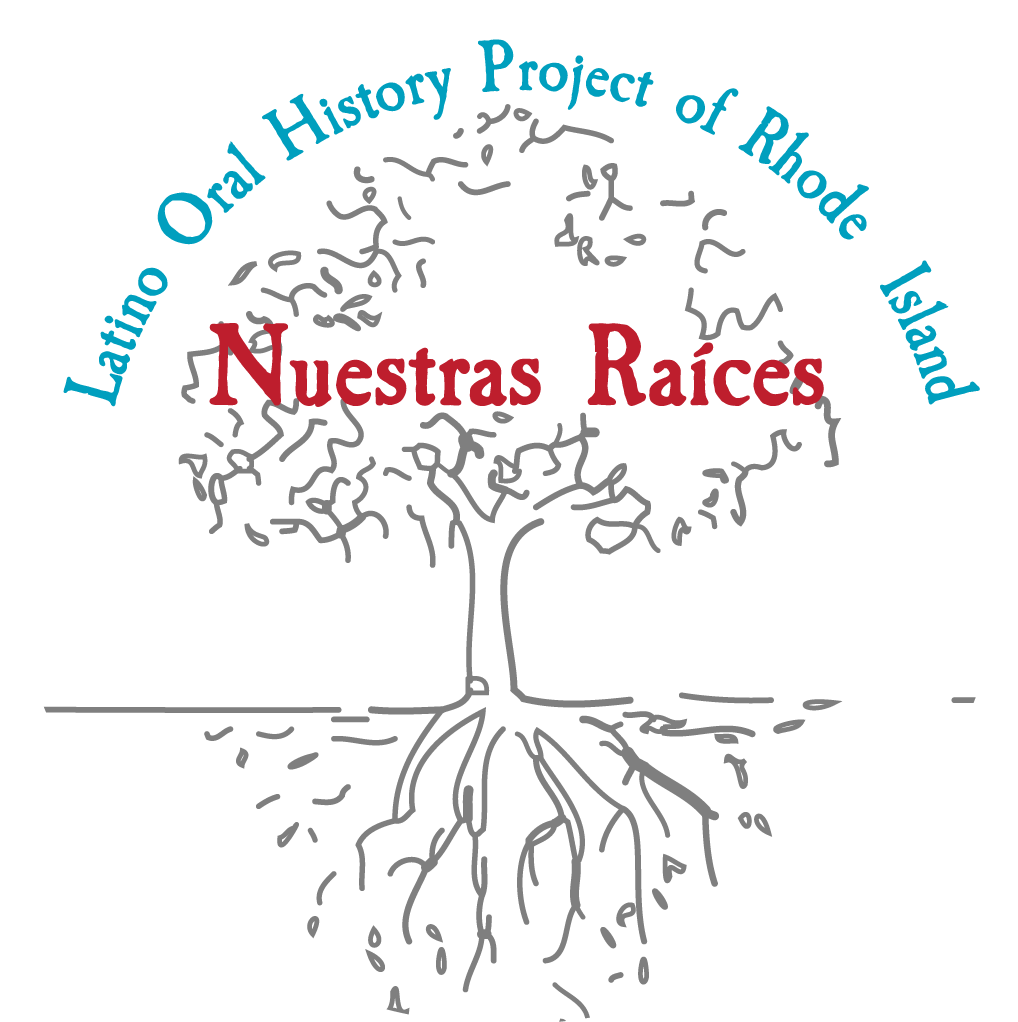Historical Background
Before doing an interview, you should familiarize yourself with the history of Rhode Island, of immigration, and of Latino history as it has been documented in other areas of the country. If you know little about Latin America & the Caribbean, or the social conflicts faced by Spanish-speaking people in their country of origins or in other parts of the U.S., for example, you will have difficulty developing good questions, conducting good interviews, and placing oral memoirs into a meaningful context. Your interviews will improve if you are familiar with the chronology, themes, and key figures and issues of the period in which you are trying to cover, both in Latin America and the United States. Pre-interview reading and discussion will enrich the interviews and improve the overall value of the project. Also, be aware that working with Latinos, or people who are from another country, opens one up to some cultural misunderstandings which could be avoided if one takes the time to understand and learn about that particular culture. Certain cultural subtleties that we take for granted if we are of that culture.
Click here to read through the chronological history created for Nuestras Raíces.
Click here to read through the chronological history created for Nuestras Raíces.
And the Not-So-Personal
It is also worth taking time to familiarize yourself with interview techniques. Thinking and talking about what makes a good question and a good interview can improve your projects. Actually practicing is also helpful—a student can interview a teacher, with other students observing and then providing feedback; or students can interview one another, followed by a debriefing session where you reflect on the experience, discuss what kinds of questions worked best, and identify strategies for improving the interview.
Click here for a list of general guidelines that would help you prepare yourself for an interview with Spanish-speaking narrators. Be aware that the list is neither exhaustive, culturally specific, nor is it intended to be stereotypical. It is simply a guideline to help you become culturally competent as you prepare yourself to participate in this oral history project, and to interact with Latinos in general. Keep in mind that this list is only relevant depending upon the level of acculturation of the Latino individual you choose to interview. ◼︎
Click here for a list of general guidelines that would help you prepare yourself for an interview with Spanish-speaking narrators. Be aware that the list is neither exhaustive, culturally specific, nor is it intended to be stereotypical. It is simply a guideline to help you become culturally competent as you prepare yourself to participate in this oral history project, and to interact with Latinos in general. Keep in mind that this list is only relevant depending upon the level of acculturation of the Latino individual you choose to interview. ◼︎
The Personal
For example, in Latin American cultures, it is important to understand the close relationships that family members have toward one another, how to present yourself when entering a Latino home, and what is expected of you once you are embraced and allowed to become a part of this family’s personal world. The interview may not happen during the first appointment because you will be expected to sit at their table and eat some arroz y pollo (rice & chicken) or drink a cup of cafecito, watch las novelas (soap operas), and then meet all the pertinent (and not so pertinent) members of the family. Once you are embraced and pass all muster, then you are officially ”welcomed into the family." It is then that you may have to make a second or even third appointment so you can proceed with the interview. However, do not be surprised if you are joined by up to five other members of the family who drop in unannounced to “observe,” and who soon begin to give a personal opinion about the life of the person whom you are trying to interview. These kinds of cultural nuances may apply to many other ethnic groups as well.
Marta V. Martínez is an independent community oral historian. She is also the founder and Executive Director of Rhode Island Latino Arts (under the direction which this project has been made possible) and the former Director of Publications at the Rhode Island Historical Society. She has been collecting oral memories and researching the history of the Latino community of Rhode Island since 1991. To contact her, click here.
© All Rights Reserved | Nuestras Raíces: Latino History of RI © | When using materials from this website, please acknowledge by stating the name of the URL of the webpage on which it is displayed. Citations should include full bibliographic information as follows: Courtesy of the Latino Oral History Project of Rhode Island, Central Falls, RI.




